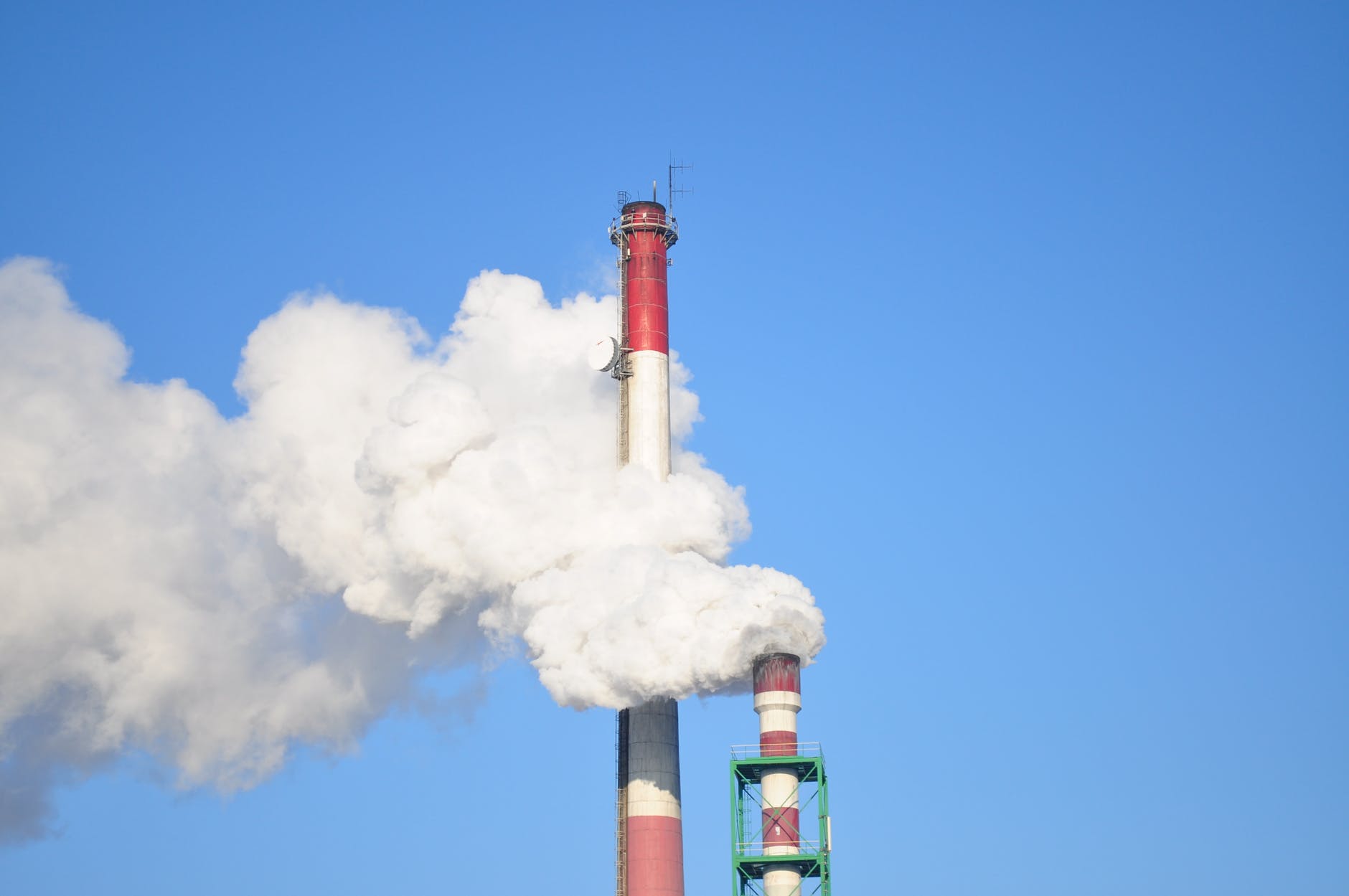1. Using public transportation as a mode of transportation
Using less polluting modes of transportation, such as public transportation or carpooling, is a surefire way to help reduce air pollution. Taking public transportation can save you money while also lowering your carbon footprint.
2. Switch off the lights when not in use.
Reducing the amount of electricity that lights use can save energy, as the energy they use contributes to air pollution. Use energy-efficient fluorescent lighting to help the environment.
3. Recycle and reduce waste.
Conserving resources and making the best use of them are two important benefits of the recycling and reusing philosophy. It also helps to cut down on harmful pollution. Recycled materials, on the other hand, require less energy to produce.
4. Refrain from storing items in single-use plastic bags.
Due to there own oil-based composition, plastic items may pose a threat to the environment. Paper bags, on the other hand, are a better choice but since they deteriorate quickly and can be recycled.
5. Smoking and forest fires are decreasing.
Air pollution can be caused by a variety of things, including the burning of waste or grass clippings in dry seasons; smoking also contributes to pollution and a decline in air pollutants, as well as damaging person’s health.

6. Fans can be used instead of an air conditioner in hot weather.
In addition to consuming more energy and generating a lot of heat, air conditioners also contribute to climate change. Air conditioners, on the other hand, consume a lot more energy and resources than fans.
7. Filters are essential for chimneys.
In homes and businesses, the pollution caused by fireplaces poses a significant threat to air quality because of the harmful effects it has on the environment’s quality. It is recommended that filters be used if ingestion cannot be reduced, as this will help limit the effect of harmful gases swallowed up in the air.
8. Avoid crackers at all costs.
It is unfortunate that cracker use at festivals and weddings is a major contributor to air pollution, actually results in a thick layer of thick cloud that is extremely harmful to the health of those exposed to it. As a result, using crackers is discouraged.
9. Avoid chemical-based products.
Painting and perfume are used less regularly outside of the house so they are made with chemicals. Items of low chemical characteristics and biological qualities could theoretically be used in the future.
10. Make planting trees a top priority.
Don’t forget to plant and care for as many trees as you think are necessary. The practise of tree planting has numerous advantages for the environment and aids in the transportation of oxygen throughout the atmosphere.



